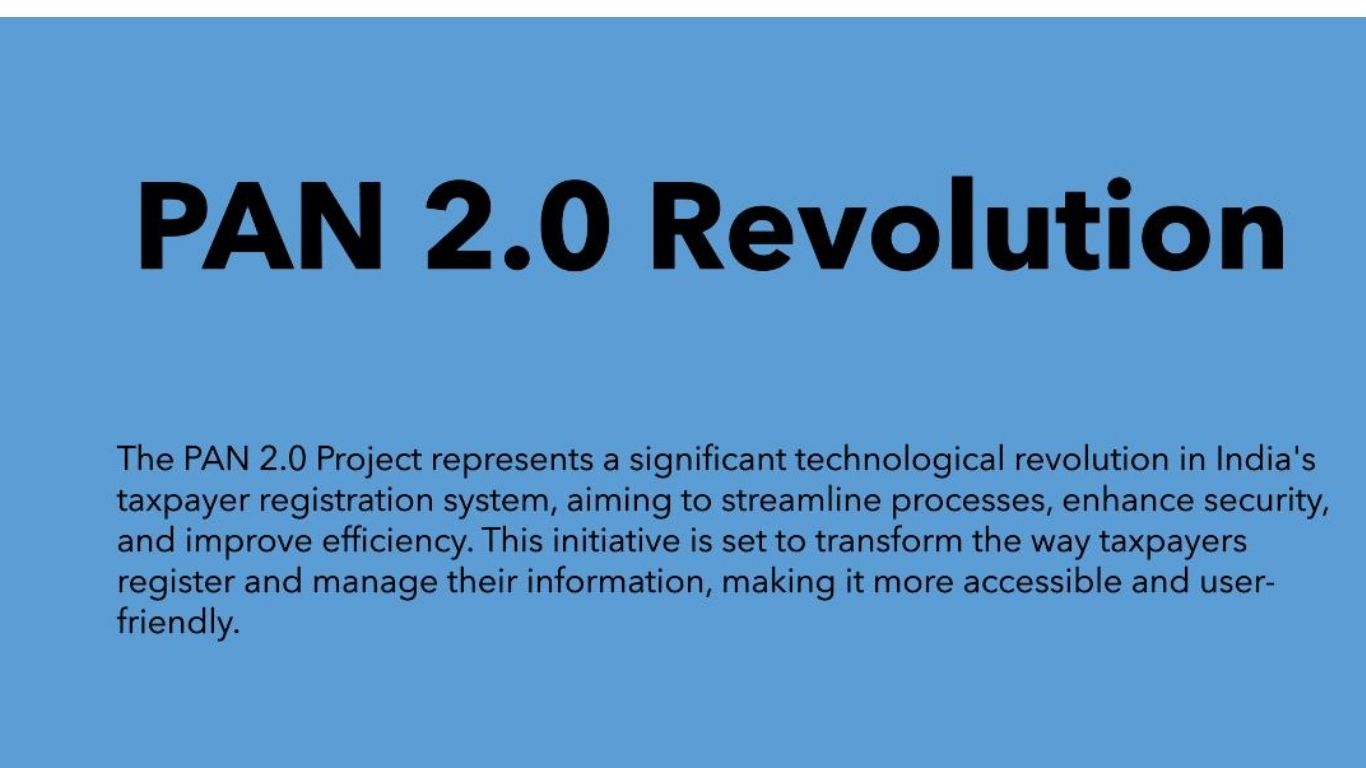In an age where technology permeates nearly every aspect of our lives, the concept of democracy is also undergoing a transformation. Digital democracy, characterized by the use of digital tools and technologies in the political process, holds the promise of enhancing civic participation, increasing transparency, and fostering more inclusive governance. As we explore the impact of technology on civic participation, it becomes evident that while challenges remain, the opportunities created by digital democracy are immense.
Understanding Digital Democracy
Digital democracy refers to the integration of technology into the democratic process, which encompasses everything from accessing information about government activities to engaging in discussions and decision-making. It includes online voting systems, social media engagement, e-petitions, and platforms that facilitate citizen engagement with elected officials. At its heart, digital democracy is about leveraging technology to empower citizens, streamline bureaucratic processes, and enhance governmental accountability.
Enhancing Civic Participation
Accessibility and Inclusivity
One of the most significant impacts of digital democracy is its ability to make political processes more accessible. Digital platforms allow citizens to engage with the political system without the barriers of geographical location, time constraints, or economic status. For instance, citizens can participate in town hall meetings via video livestreams or engage in discussions on social media platforms. This inclusivity enables a broader demographic to voice their opinions, especially those who may have historically been marginalized or excluded from traditional political forums.
Real-Time Engagement
Technology facilitates real-time communication between citizens and their representatives. Social media platforms such as Twitter, Facebook, and Instagram allow citizens to express their views, share information, and mobilize support for causes almost instantaneously. E-petition platforms provide a streamlined method for individuals to rally support around specific issues, granting them the ability to influence policy decisions in ways that were not previously possible.
E-Government Initiatives
Governments around the world are increasingly adopting e-government initiatives to enhance civic participation. These initiatives often involve the digitization of public services, enabling citizens to access information, submit forms, and interact with government services from the comfort of their homes. For example, many jurisdictions have implemented online voter registration, making it easier for citizens to exercise their right to vote.
Challenges and Drawbacks
While digital democracy presents numerous opportunities, it is not without its challenges. The digital divide remains a significant barrier to equitable civic participation. Marginalized communities may lack access to the internet or digital tools, limiting their ability to engage in digital democracy. Additionally, issues related to data privacy, misinformation, and cyber security pose risks to the integrity of online political engagement.
Misinformation and Polarization
The rise of social media has also led to the proliferation of misinformation, which can skew public perception and debate. The rapid dissemination of false information can exacerbate political polarization, leading to echo chambers where individuals are only exposed to views that align with their own. This environment can undermine rational discourse and democratic decision-making.
Potential for Manipulation
Furthermore, there is concern that digital platforms can be manipulated by powerful interests to sway public opinion or disrupt the democratic process. Political campaigns increasingly utilize targeted advertising and data analytics, raising ethical questions about the use of personal information in political marketing.
The Future of Digital Democracy
As we look to the future, the evolution of digital democracy will likely be shaped by ongoing technological advancements and societal changes. Innovations such as blockchain technology may offer new means of securing electoral integrity, while artificial intelligence may enhance citizen engagement through personalized communication strategies. However, for digital democracy to reach its full potential, it is essential to address the challenges at hand.
Promoting Digital Literacy
A key solution lies in promoting digital literacy among the populace, equipping citizens with the skills they need to navigate the digital landscape responsibly. Encouraging critical thinking about information sources, teaching data privacy practices, and fostering inclusive access to technology can help mitigate the risks associated with digital engagement.
Building Trust and Transparency
Finally, increasing governmental transparency and accountability will be crucial in cultivating trust in digital democracy. Governments can achieve this by adopting open data initiatives, engaging with citizens in meaningful dialogues, and committing to ethical standards regarding the use of technology in political processes.
Conclusion
Digital democracy represents a profound shift in the way citizens interact with their governments and each other. While challenges such as the digital divide, misinformation, and the potential for manipulation remain significant concerns, the opportunities for enhanced civic participation, inclusivity, and transparency are immense. By addressing these challenges head-on and fostering a culture of digital literacy and trust, we can harness the power of technology to strengthen democratic principles and ensure that every voice is heard in the civic arena. As we continue to navigate the complexities of the digital age, the pursuit of a truly participatory democracy remains a vital endeavor for governments and citizens alike.















